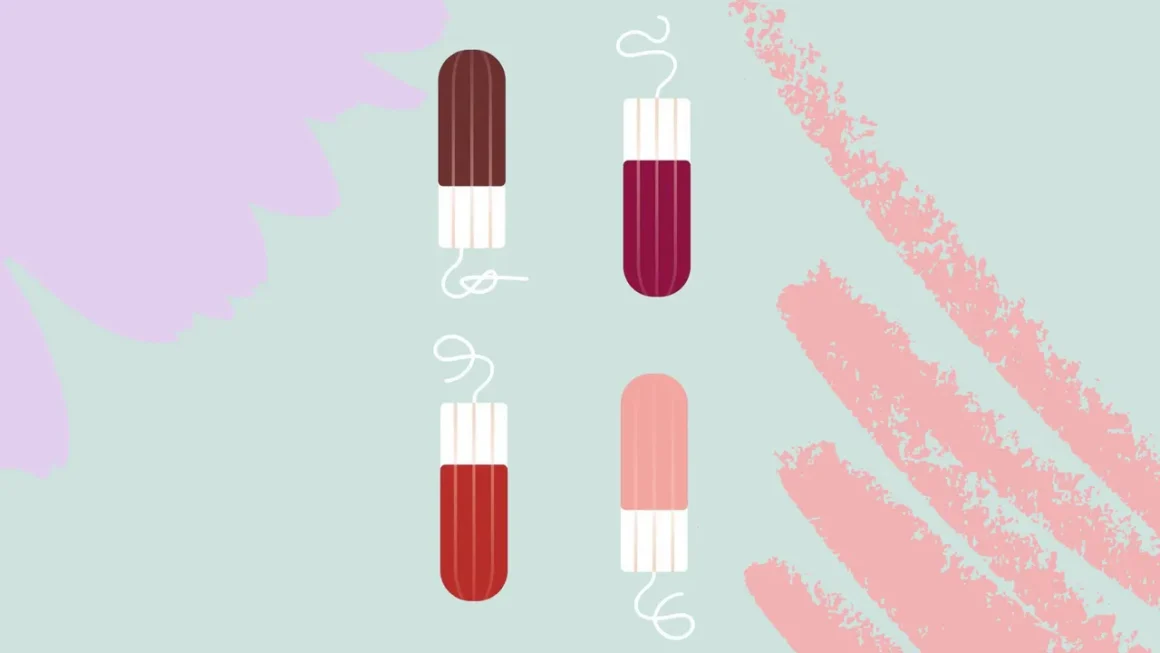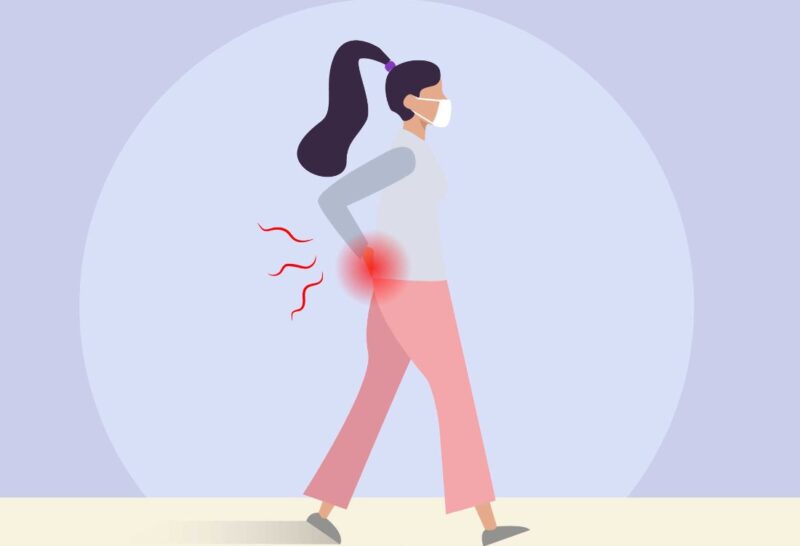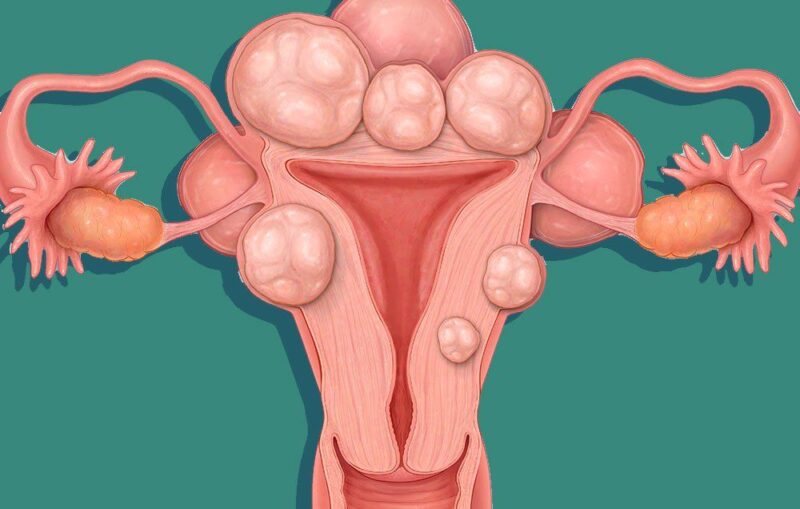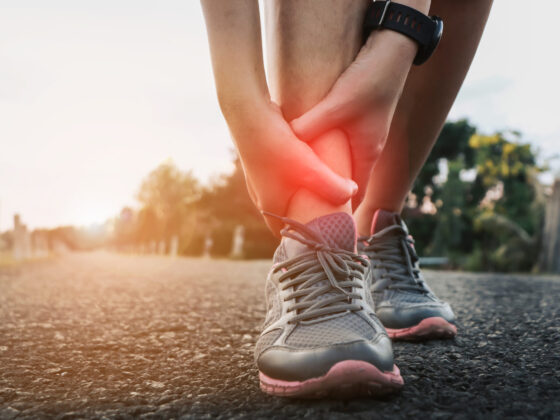Most women grow at least one fibroid during their reproductive years, although you may not be aware of it unless you experience symptoms. However, uterine fibroids, also known as leiomyomas, are not always asymptomatic. Fibroid symptoms affect about 15 million of who have them. Still, recognizing the warning signs of fibroids is not all easy as it can trigger a range of concerns.
In this post, the specialists at Alate Health offer insights into the six most typical signs and symptoms of fibroids Houston, TX. Read on to find out more!
1. Heavy Menses

There are numerous reasons you may have heavier menses, including fibroids. However, heavy periods are not simply inconvenient; they could also leave you exhausted. If any of the following apply to you, it means you are having heavier than normal periods:
- You change a tampon or pad every hour
- You resolve to double up (tampons and pads) to manage bleeding
- Your menses persist for more than a week
- You must change your pad overnight
- Clots (the size of a quarter or bigger) are present during your menstruation
Sometimes, heavy bleeding might be accompanied by cramps and lower back pain.
2. Prolonged Periods

Besides excessive blood flow, uterine fibroids can induce prolonged bleeding. The average menstrual cycle lasts 3-7 days, but anything longer than that is termed an extended menstrual cycle.
To keep track of your cycles, utilize a period tracker application. A longer-than-normal one-time cycle is not as serious as recurring problems. Keeping track of your menstruation might help you spot patterns.
3. Urinary Incontinence
If a fibroid becomes huge enough to intrude on your bladder, you may suffer frequent urination or trouble peeing. A urinary tract infection can also induce frequent urination. Thus, it is best to have your doctor examine you for fibroids to confirm a diagnosis.
4. Pelvic And Abdominal Pain

Whenever women start their period, they commonly experience cramping in the lower abdomen, but fibroids can cause discomfort all through the month. Besides the discomfort and abdominal cramping, uterine fibroids could also trigger pelvic pressure and pain. Based on the location and size of your fibroid, the pelvic discomfort could be worsened with intercourse.
5. Constipation
Whereas constipation has multiple causes, including nutritional issues and dehydration, fibroids could also trigger constipation if they impinge on your bowels. Temporary constipation is not uncommon, but it usually goes away with proper hydration, the addition of more fiber-rich foods to your diet, and regular exercise. It is worth a doctor’s assessment during your next appointment if you are still experiencing these concerns despite trying some basic solutions.
6. Leg And Back Discomfort

You may suffer back pain if your fibroid is on the rear side of your uterus. On the other hand, if the pressure caused by your fibroid rests on the sciatic nerve, you may experience acute pain in the back of your leg.
If you believe your symptoms are triggered by fibroids, you do not have to suffer silently anymore. The specialists at Alate Health can help you enjoy relief from your fibroids through various therapies, including medications and minimally invasive treatments like uterine fibroid embolization. To explore your care options, call the Houston, TX office or use the online scheduling tool to arrange an appointment today.


